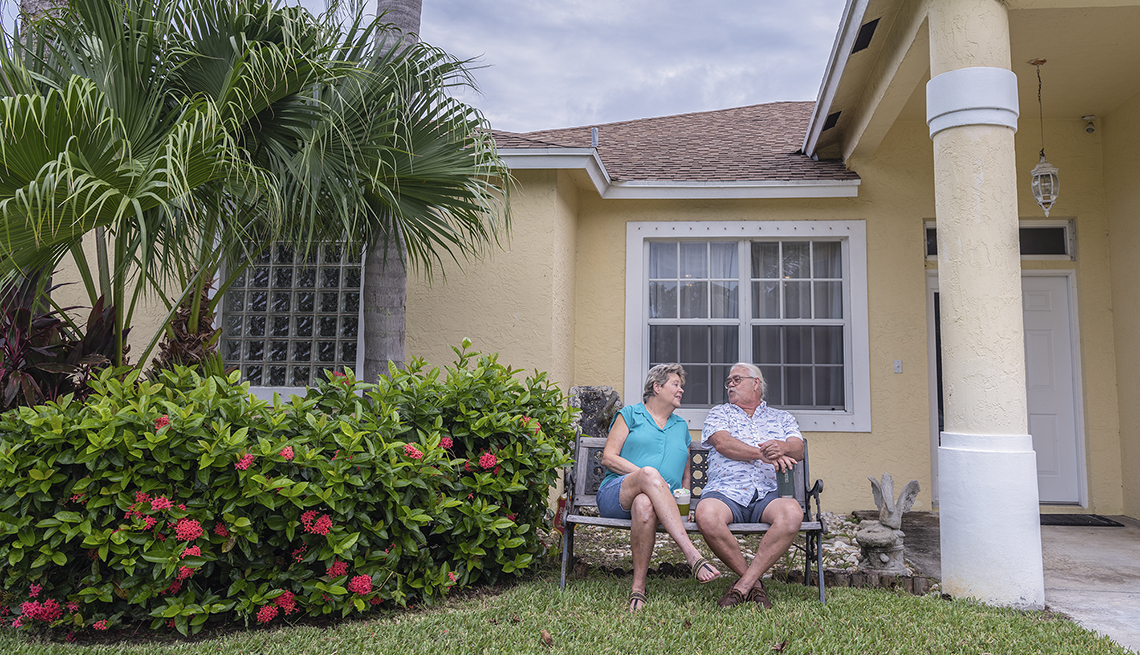Staying Fit
The problem
Paula and Dennis Arntz were having trouble staying afloat. To supplement their Social Security, the couple, both 67 and retired, were pulling at least $500 a month from their small bank account; their only other financial asset was a $25,000 variable annuity. Maybe, Paula thought, they could eliminate their $1,200 monthly mortgage payment and improve their cash flow by taking out a reverse mortgage on their home in South Florida. But she'd heard horror stories about reverse mortgages — a wife forced to move after her husband died, heirs shut out of their family home. “So many people say, ‘Do not do it,’ “ she says. Should they?
The advice
First, the basics. The most common type of reverse mortgage is a federally insured one known as a home equity conversion mortgage (HECM). It allows Americans 62 and older to borrow money against the equity in their home, with no obligation to repay as long as they live there. Once the home sells, the lender is paid back in full from the proceeds. Loans may come in the form of a lump sum or lifetime monthly payments and can also include a line of credit.


AARP Membership— $12 for your first year when you sign up for Automatic Renewal
Get instant access to members-only products and hundreds of discounts, a free second membership, and a subscription to AARP the Magazine.
Paula was right to be wary of reverse mortgages, which have grown in popularity in recent months but have a reputation that's been sullied by reports of borrowers misled about their risks and consequences, among other problems. Based on discussions with experts, I came up with a series of questions that potential borrowers need to consider, and determined how they apply to the Arntzes.
1. Is this your forever home?
Reverse mortgages are expensive (see the third question). If you or your spouse would want to move later on — or if your home isn't suitable for aging in place — you're better off selling and downsizing. The Arntzes, who live footsteps from the Intracoastal Waterway, can't imagine moving. “If he passed away, I'd stay, and vice versa,” Paula says.



































































